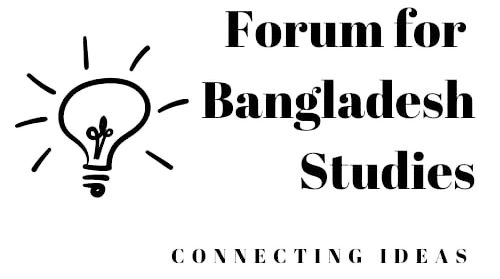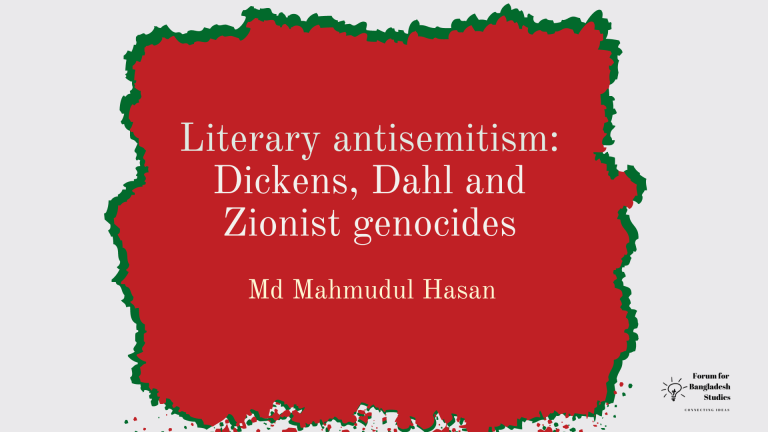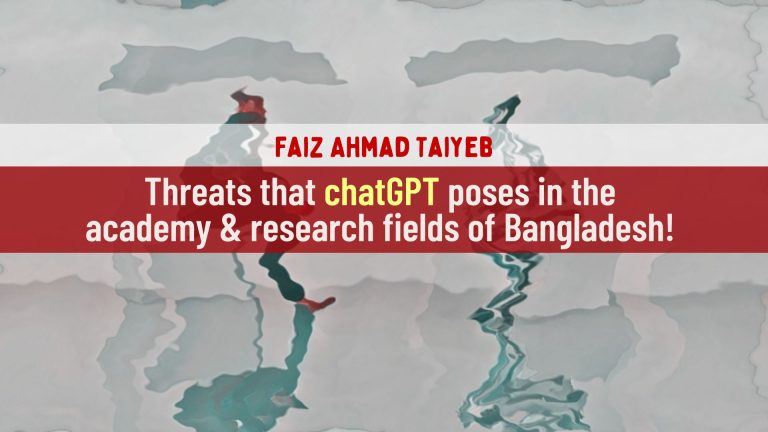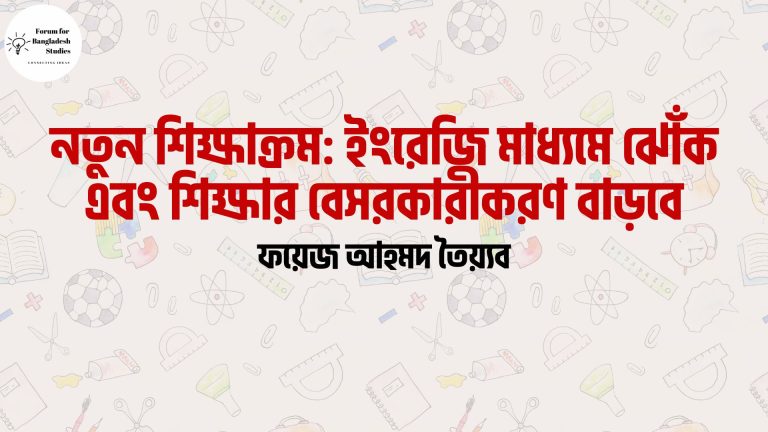PUBLIC universities in Bangladesh often attract media attention for the wrong reasons. This observation may be an over-generalisation, but it has some basis. The tea-and-samosa saga narrated by a former vice-chancellor of the University of Dhaka amused many on social media. Unfortunately, not many breakthroughs in teaching or research from this premier university have been newsworthy in recent years.
The University of Dhaka is my alma mater. This is where I also started my career as an academic. Any DU news is a must read for me as an expatriate Bangladeshi. News, by definition, is what happens; it’s not what we expect to happen. But I confess that when it comes to Dhaka University, I have certain expectations. It may be the same for anyone in the Bangladeshi diaspora, anywhere in the world. The news that DU often makes is not what I like; it rarely makes the news that I would like.
Consider the most recent news. A record-breaking heat wave has gripped the whole country. Muslims are arranging special prayers and making supplications for rain in different places, following the tradition of the Prophet of Islam. This congregational prayer is held in open spaces. Permission was sought for this open prayer on the DU campus. However, the authorities disappointed the organisers.
During Ramadan this year, there were restrictions on iftar parties on the campuses of some universities, including DU. This was a break from a long tradition. Most astonishingly, when a group of students were reading the Qur’an on campus during the fasting month, the Arabic department was given an official notice to explain why this reading activity took place on campus. It’s hard to imagine the authorities could take such a step, but they did. A university is a place for reading, first and foremost. How can they deny this defining activity of the institution? Does it matter what people read? Where do they read? Whether they read individually or in groups?
It’s very likely that the restrictions are imposed from outside, not from within the autonomous institution. The DU authorities seem to be acting like civil servants and following external orders. I remember one saying by the late professor Humayun Azad. At an emergency meeting in the Teachers’ Club of the University, he once said he failed to understand one thing: Since when have DU academics started to behave like the chief police officer of the nearby police station? He also asked why they had joined DU instead of joining the police department.
We can make fair guesses about the reasons for the authorities’ news-making behaviour. It may be that allowing religious activities on campus would question DU’s secular character. As custodians of resurgent secularism, they probably can’t allow nonsecular activities to undermine the secular ethos. They may also need to prove to their unnamed bosses that they are against the state patronisation of Islam. This is part of the emerging discourse.
Do religious activities on campus dent the secular identity of an institution? It does not seem to be the case outside of Bangladesh. Not even in the neighbouring country, which commands our eternal thankfulness and loyalty. At the Australian university where I work, religious activities take place on campus throughout the year. One morning earlier this year, as I was walking back to my office from teaching, a young man stopped me. He communicated the message of Christianity in a polite manner. I did not see any problem with what he did. In return, I invited him to study more about God.
During the week before Ramadan this year, there was an Islamic talk on the life of Prophet Muhammad (Peace be upon him). It was held in the largest and fanciest lecture hall at the university. The few hours’ gathering of Muslims turned the venue into a festival. It also brought commercial opportunities as Islamic books, clothes, and prayer items were bought and sold. Every year, the two Eid prayers are held in a car park on campus. Before this indoor arrangement, Muslim students and staff used to pray the Eid prayer on one of the playing fields of the university. People can read whatever they want — the Bible, the Qur’an, the Veda — anywhere on campus. What clothes they wear — the hijab or the singlet — is not a question that can be asked. However, DU authorities seem to be practising zero tolerance in deterring religious (read Islamic) activities. Who do they want to please with such policies?
Be that as it may, if the authorities were fair and consistent in their decisions, there would be few questions. Unfortunately, they seem to have embraced the principle of double standards. They will not allow religious activities on campus, but they have no problems when it comes to political activities. For example, can we imagine the authorities ever being able to say ‘No’ to whatever activities the student wing of the party in power does on campus?
The double standard is more palpable when it comes to religious activities by other religious communities. For example, the Holi festival of colours was held on campus during Ramadan. Other activities by the followers of Hinduism face no restrictions. Such policy inclusivity is appreciable, but why would Muslim students have to be stopped from reading the Qur’an or praying collectively for rain? This double standard can logically be interpreted as attempts by the authorities to turn the university into an Islamophobic institution.
The university also made news recently by having the national anthem of a neighbouring country sung at an official programme. This may be a nice friendly gesture to a foreign power, but I wonder how the authorities would react if the Chinese or the Somalian national anthem were sung at another event on campus.
DU also makes news through what can be called self-denial. A university is a place for discussion of academic and educational matters. This is the core business of a university anywhere in the world. However, DU authorities did not shy away from preventing an academic seminar that was going to discuss the new national curriculum in December last year.
All such news-making may encourage readers to ask: In whose interests do the authorities do what they do?
This may be an unanswerable question, but DU authorities can do something practical in the interest of the public. They may think about introducing a sign system on campus. Multimodal signs can be placed at convenient locations with a list of activities, so students and staff know what they are (un)allowed to do on campus. These signs can also be digitised in a ‘digital Bangladesh’.
Signboards are found on the campuses of many universities. For example, at the university where I work, we have signs that prohibit smoking (as it is a smoking-free institution), riding personal mobility devices in certain places, or parking outside parking areas.
Of course, the DU signboards will be very crowded as they will have to accommodate many items. For example, the authorities will have to specify what people are allowed and not allowed to read; what seminars can go ahead and which ones can’t; what national anthem can be sung and which ones are prohibited; what festivals are welcome and which ones are unwelcome, etc.
But they probably won’t introduce such a communication system to remove popular confusion. We may love transparency, but its very absence may serve certain regimes the best.
Postscript: As I finished this writing, I read on Facebook that Dhaka University authorities would provide scholarships to 20 Palestinian students every year. This is the kind of news that we love to read about DU.
Originally Published: New Age, 4 May 2024




